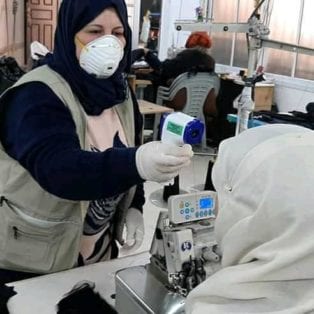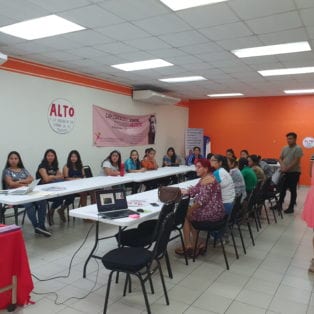Across the Middle East and North Africa, unions and worker associations are mobilizing to educate workers about their rights during the COVID-19 crisis, provide them with resources to protect themselves and their families, and push for fair treatment at the workplace....
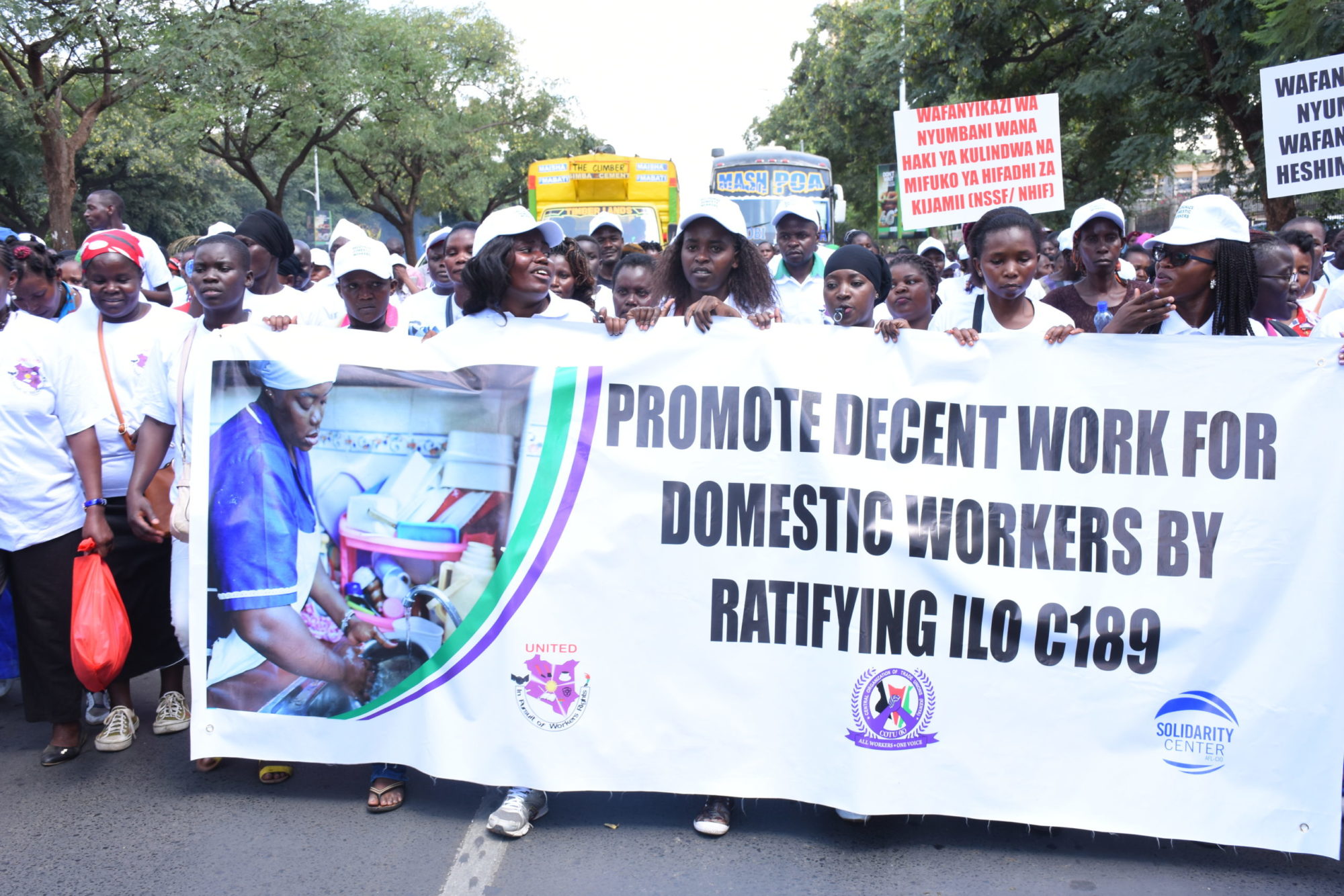
The Solidarity Center joins with unions in Kenya and around the world in championing ratification of the ILO global treaty Convention 189 covering domestic worker rights. Credit: KUDHEIHA
Domestic Workers: Healing, Growing, Taking Action
As long-time union activists helping domestic workers form unions and get a voice on the job, Andrea Del Carmen Morales Pérez and Librada Maciel found themselves fighting burnout—from stress, from nonstop work and from unrecognized trauma they carried with them for...
Honduran Domestic Workers Join Newly Formed Union
Domestic workers in Honduras increasingly are exercising their rights on the job in the country, where they have few labor law protections and so are especially vulnerable to abuse. More than 100 workers recently joined SINTRAHO (Sindicato Nacional de Trabajadoras del...
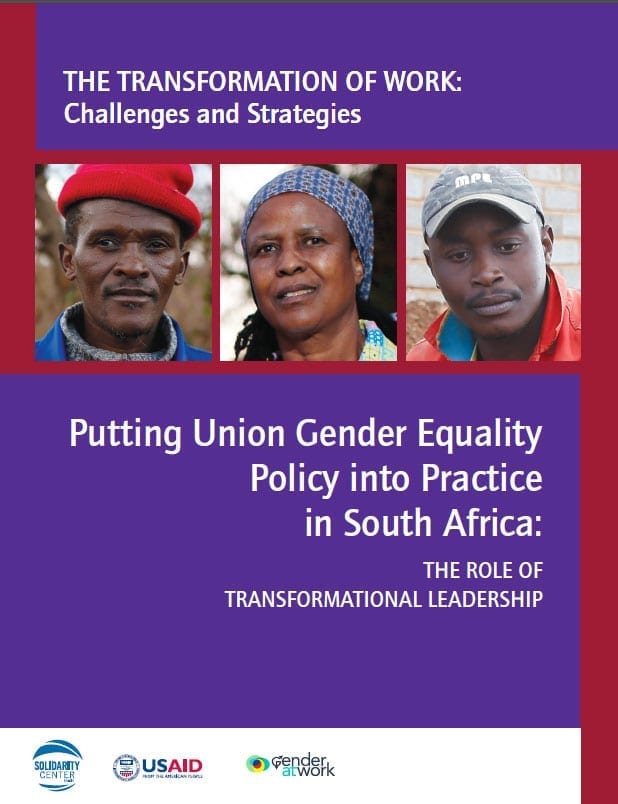
Putting Union Gender Equality Policy into Practice in South Africa
Unions are key drivers advancing gender equality. Yet in many countries around the world, there is a disconnect between labor union policy and practice in transforming gender inequalities within trade unions. Through the lens of the South African union movement, this...
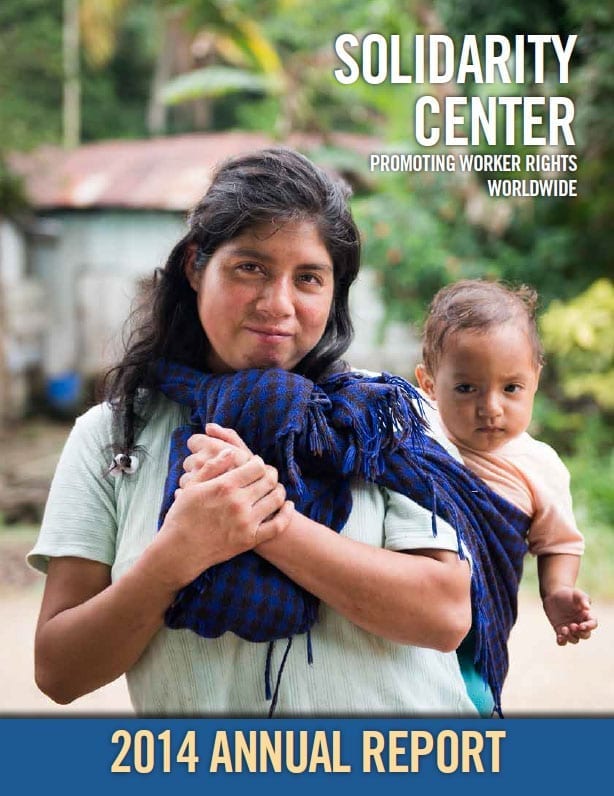
Annual Report 2014
Download here.
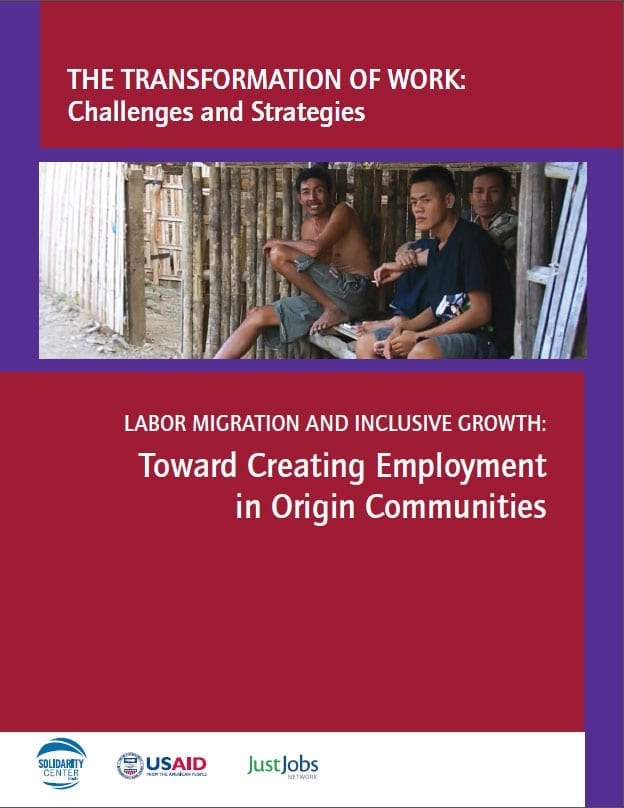
Labor Migration and Inclusive Growth: Toward Creating Employment in Origin Communities (2015)
This paper investigates the intersection of labor migration and the inclusive growth agenda, and seeks to recommend policies so governments of origin countries can, in part, expand labor migration’s positive impacts by making migrant workers agents in promoting and...
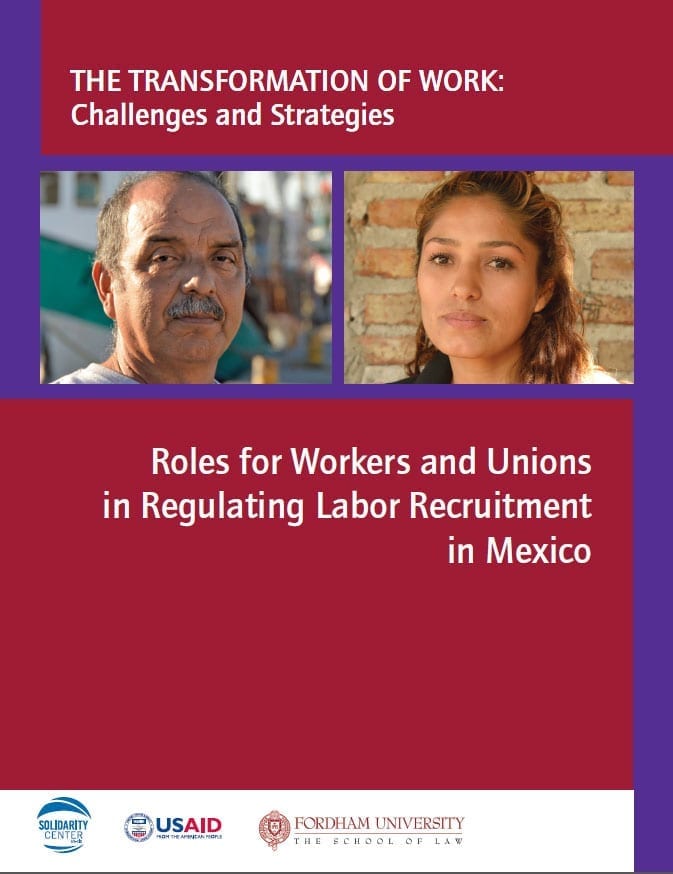
Roles for Workers and Unions in Regulating Labor Recruitment in Mexico (2015)
Fordham University law professor Jennifer Gordon examines the roles of guest workers as organizers, monitors and policy-setters in supply chain initiatives and other efforts to address labor recruitment violations. Download here.
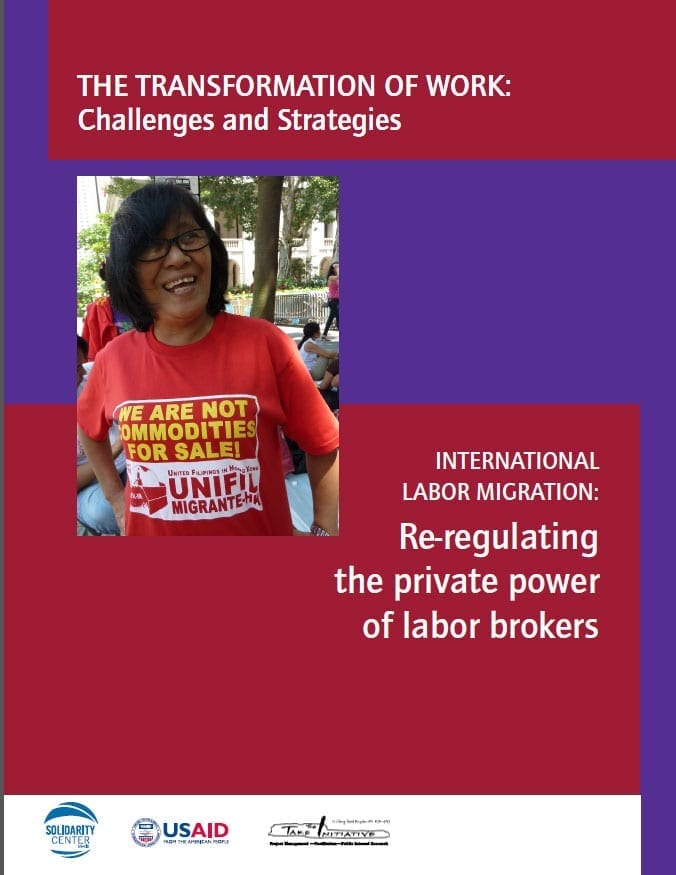
International Labor Migration: Re-regulating the Private Power of Labor Brokers (2015)
In this review of initiatives to regulate labor brokers, the authors find that state and civil society efforts to address migrant worker exploitation point to potential new policies, most effectively led by state-backed regulatory frameworks. Download here.
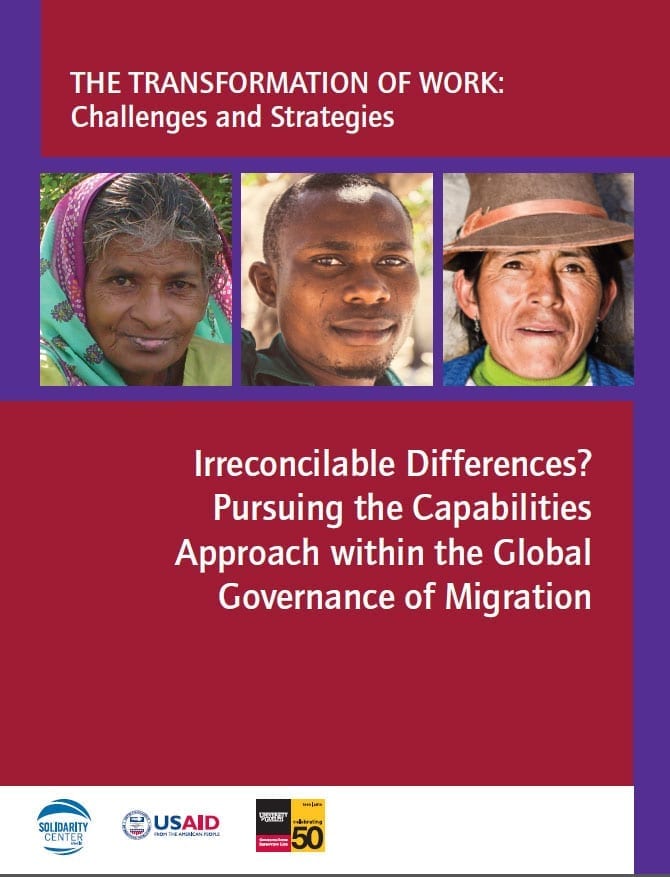
Irreconciliable Differences? Pursuing the Capabilities Approach within the Global Governance of Migration (2014)
This report on global labor migration challenges the current “triple win” paradigm in global migration policy through a worker rights lens, and argues that when applying the now-accepted "capabilities" approach, the international development community must focus on...

